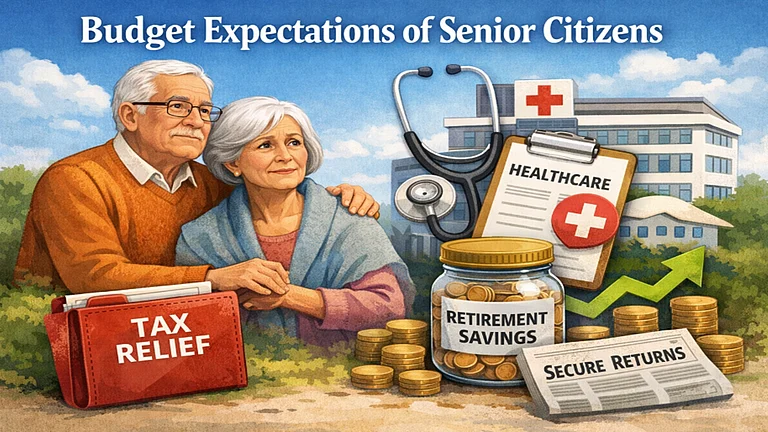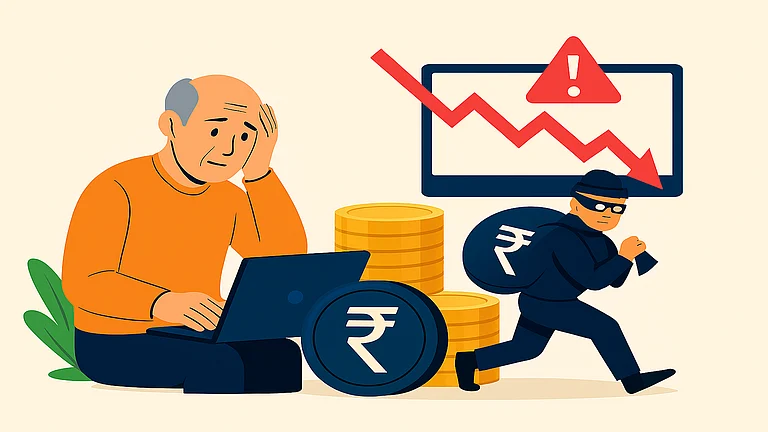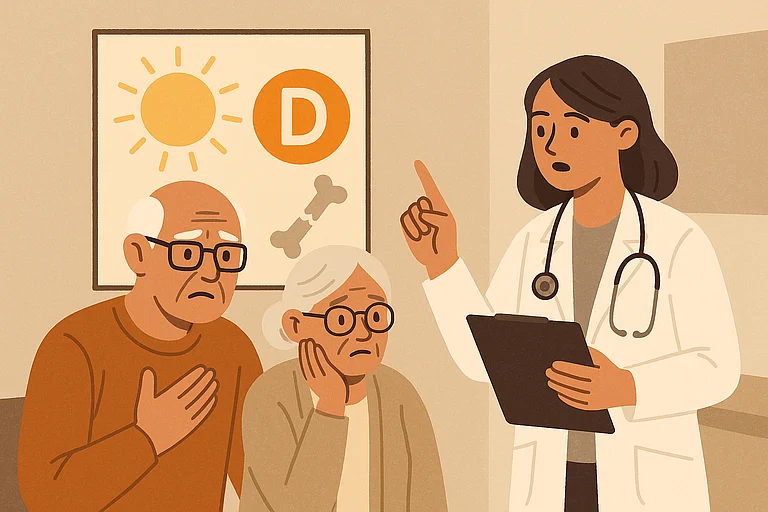
Summary of this article
· Elderly population in India expected to double by 2050
· 7 per cent of seniors face abuse including physical and verbal violence
· Legal provisions exist but awareness is low among seniors
We observe 'World Senior Citizens Day' every year on August 21. The day serves as a reminder to honour the contributions of senior citizens and raise awareness about the challenges they face. Globally, the elderly population is projected to reach two billion by 2050, while in India, it is expected to double from 10 per cent (104 million) in 2011 to nearly 20 per cent by 2050. Against this backdrop, it is crucial to understand the issues faced by the elderly and find ways to address them, or society as a whole will be adversely impacted. One such pressing issue is elder abuse, which, according to the World Health Organization (WHO), can affect seniors’ financial security, physical and mental health, and overall well-being.
What Is Elderly Abuse
“The abuse of older people, also known as elder abuse, is a single or repeated act, or lack of appropriate action, occurring within any relationship where there is an expectation of trust, which causes harm or distress to an older person. This type of violence constitutes a violation of human rights and includes physical, sexual, psychological, and emotional abuse; financial and material abuse; abandonment; neglect; and serious loss of dignity and respect, according to WHO.
Niti Ayog’s position paper, Senior Care Reforms in India: Reimagining the Senior Care Paradigm, 2024, also says that the abuse can be physical, sexual, psychological, or financial. According to it, financial status and physical ailments are a few of the primary reasons for elder abuse.
What Are The Primary Reasons For Elder Abuse
According to HelpAge India’s report ‘Ageing In India: Exploring Preparedness & Response to Care Challenges’ (2024), the challenges for older adults in India are related to social inclusion, well-being, and economic participation. Seniors without regular income or adequate savings are particularly vulnerable to abuse. The report also notes that low literacy rates among the elderly increase their risk. According to the report, around seven per cent of the elderly face abuse, such as disrespect, physical violence, verbal abuse, social isolation, and humiliation. Low literacy rates among the elderly increase their risk.
The studies find that usually family members are the main abusers, and when a senior faces a chronic illness and becomes dependent on family members, the risk aggravates.
Although there are legal provisions to protect the elderly from abuse, they seldom report it to the authorities. In very few cases, they make a complaint against their family members for abuse.
But the World Senior Citizens Day brings seniors’ issues to the fore and the ways in which they can be and should be handled.
What Can Be Done
Niti Ayog recommends social engagement, legal empowerment, and enhancing financial and digital literacy. So, increased awareness about legal rights, better financial status, and close social connections can help mitigate this issue.
Legal Empowerment, Social Engagement, And Emotional Support
There is the Maintenance and Welfare of Parents and Senior Citizens Act, 2007, which ensures their healthcare and maintenance, but awareness about it is low. So there is a need to increase legal awareness, develop a comprehensive social security system, stipulating robust provisions for assisted living facilities, and increase community engagement.
Says Dr Ritu Rana, mission head, healthcare, HelpAge India: “To address emotional support and elder neglect, the government operates a toll-free helpline ‘Elderline (14567)’, which provides emotional assistance, information about welfare schemes, and links to mental health services. Legal support is also available under the Maintenance and Welfare of Parents and Senior Citizens Act, 2007, which seeks to reduce neglect and abuse by mandating familial support for senior citizens.”
Financial Empowerment
A strong financial foundation can significantly reduce incidents of abuse. Some of the factors that contribute to elder abuse do not exist when seniors are financially independent and can take care of themselves. So, financial empowerment of seniors is the key. It can be done by offering them comprehensive insurance, creating employment opportunities, and improving their financial literacy. These measures can enable seniors to efficiently plan and manage their finances and enhance their autonomy.
Digital Empowerment And Inclusion
Another component to reduce elderly abuse is by making them digitally literate. So that they can access services on their own, like accessing bank details, using e-banking, booking e-tickets, etc. Digital literacy also reduces the gap between the elderly and younger generations.
Rana says, “In addition to this, state-specific programs and partnerships with NGOs help expand outreach through awareness campaigns, home visits, and local support networks.”
As the senior population is increasing, the infrastructure, financial awareness, legal system, healthcare system, and other policies need to be adjusted so that seniors live their lives with dignity and peace.



















